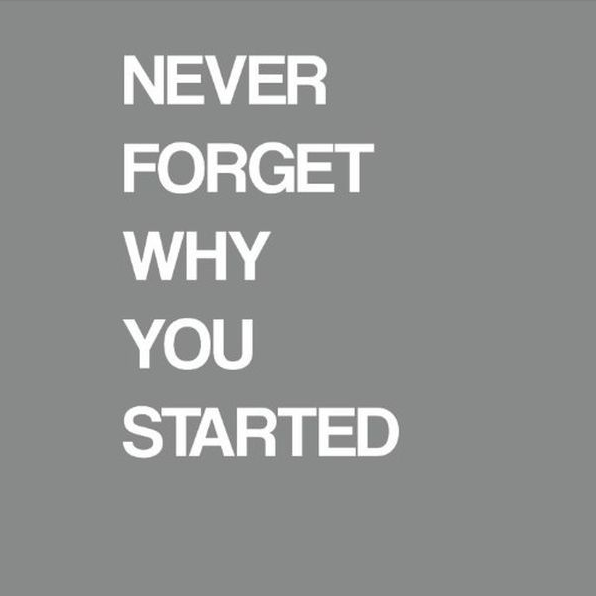 Online learning has increased in popularity in recent years. It’s a convenient choice for those returning to the classroom or just beginning their education. It allows people to continue to work full-time, while still being able to get an education. According to Dr. Steve Perry, a revered education expert, nearly half (45%) of the 21 million students in the United States took at least one online course.
Online learning has increased in popularity in recent years. It’s a convenient choice for those returning to the classroom or just beginning their education. It allows people to continue to work full-time, while still being able to get an education. According to Dr. Steve Perry, a revered education expert, nearly half (45%) of the 21 million students in the United States took at least one online course.
Although it’s gaining popularity, online learners will have some challenges when pursuing their degree or certificate. Here are three tips to help make online learning effective:
1. When looking at programs, make sure to choose a school that has an up-to-date curriculum. Traditional classroom learning and technology-based learning are two very different environments. Perry suggests that an online curriculum must address these differences and prepare students for the challenges they will face in an Internet-based environment. Clearly communicated goals and learning objectives, successful use of technology and the opportunity for personal interaction with instructors and other students all point to the success of the online student. The best online program will be the one that has up-to-date curriculums that reflect the current trends happen in the desired sector.
2. Make sure to still polish life skills. Learning online is a different environment. Since communication with instructors and peers is conducted online, learners miss out on face-to-face communication. In that way, having the ability to communicate effectively in a digital environment is an essential skill to possess before enrolling in an online learning curriculum. Also, according to Perry, 4 in 10 college graduates do not possess the complex reasoning skills to manage white-collar work. The ability to make decisions and solve problems and the ability to obtain and process relevant information are skills most desired by employers. Make sure the online program you pursue allows you to develop those skills and, if not, supplement those skills in an alternative learning platform.
3. Stay motivated. It may be difficult to to do homework and study when going to school online. In traditional learning, distractions are set aside because students are in the classroom. While learning online, nothing is stopping students from being pulled away by other demands. In order to combat those distractions, make sure you pay attention to your syllabi which will help you plan out your study and homework schedule in advance. Try setting up a structured plan with deadlines in a planner or on a calendar. Before getting pulled away, look at what’s due and decide if time can be spent elsewhere.
> Next Step Academy offers a variety of online courses dealing with life courses. The quick and easy 10-minute courses will help improve these skills that employers expect a potential employee to have.
